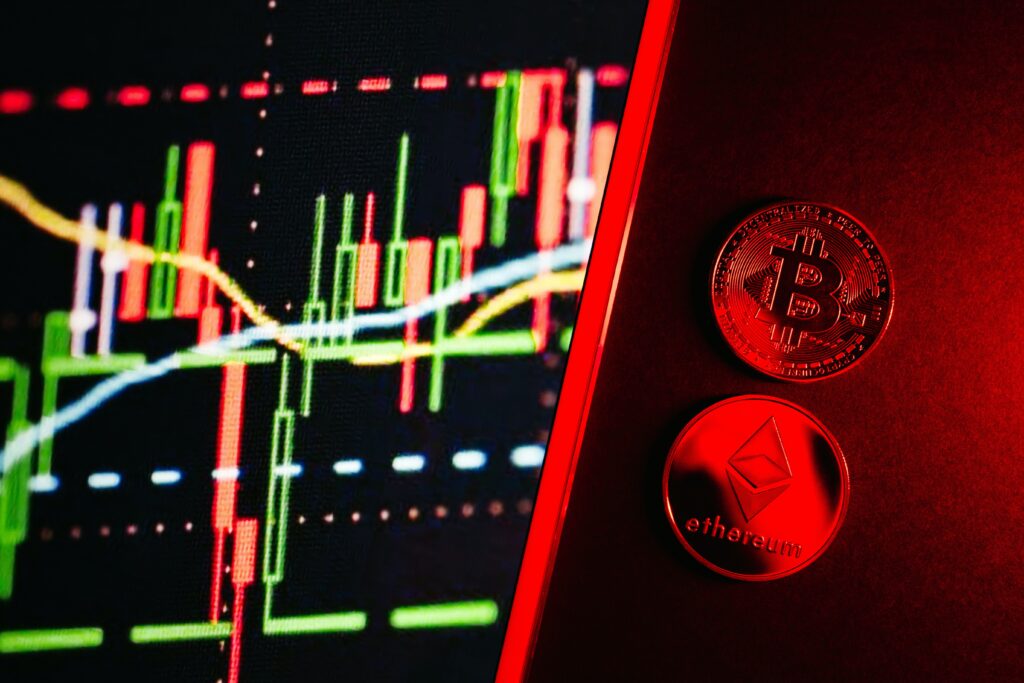As we enter the world of the Metaverse, it is essential to understand the laws and regulations that will shape this virtual space. The Metaverse is a term used to describe a virtual world where users can interact with each other in a fully immersive environment. The concept of the Metaverse is not new, but it has gained significant attention in recent years. In this article, we will explore the five essential laws and regulations that will shape the Metaverse and how they will affect the virtual world.
- Intellectual Property Laws
Intellectual property laws protect the creators of original works, such as music, art, and literature. In the Metaverse, intellectual property laws will play a crucial role in protecting the rights of content creators. The virtual world will have its own set of intellectual property laws that will regulate the use of copyrighted material, such as music and art. These laws will ensure that creators receive proper compensation for their work and prevent unauthorized use of copyrighted material.
- Privacy Laws
As the Metaverse becomes more prevalent, privacy laws will play an essential role in protecting users’ personal information. The virtual world will have its own set of privacy laws that will regulate the collection, storage, and use of personal data. Users will have the right to control their personal information and choose how it is shared with others in the virtual world.
- Tax Laws
In the Metaverse, users will be able to buy, sell, and trade virtual goods and services using virtual currencies. As such, tax laws will play a crucial role in regulating these transactions. The virtual world will have its own set of tax laws that will determine the tax implications of buying and selling virtual goods and services.
- Cybersecurity Laws
As the Metaverse becomes more prevalent, cybersecurity laws will play an essential role in protecting users from cyber threats. The virtual world will have its own set of cybersecurity laws that will regulate the use of virtual currencies and prevent cyberattacks. These laws will ensure that users’ virtual assets are protected from theft and fraud.
- Anti-Money Laundering Laws
Virtual currencies are often associated with illegal activities such as money laundering and terrorism financing. As such, anti-money laundering laws will play a crucial role in regulating the use of virtual currencies in the Metaverse. The virtual world will have its own set of anti-money laundering laws that will regulate the use of virtual currencies and prevent their use in illegal activities.
In conclusion, as the Metaverse becomes more prevalent, it is essential to understand the laws and regulations that will shape this virtual world. Intellectual property laws, privacy laws, tax laws, cybersecurity laws, and anti-money laundering laws will play a crucial role in regulating the virtual world. These laws will ensure that users’ rights are protected, and the virtual world is a safe and secure place for all. As the Metaverse evolves, we can expect new laws and regulations to be implemented to ensure the virtual world remains a safe and immersive space for all its users.








